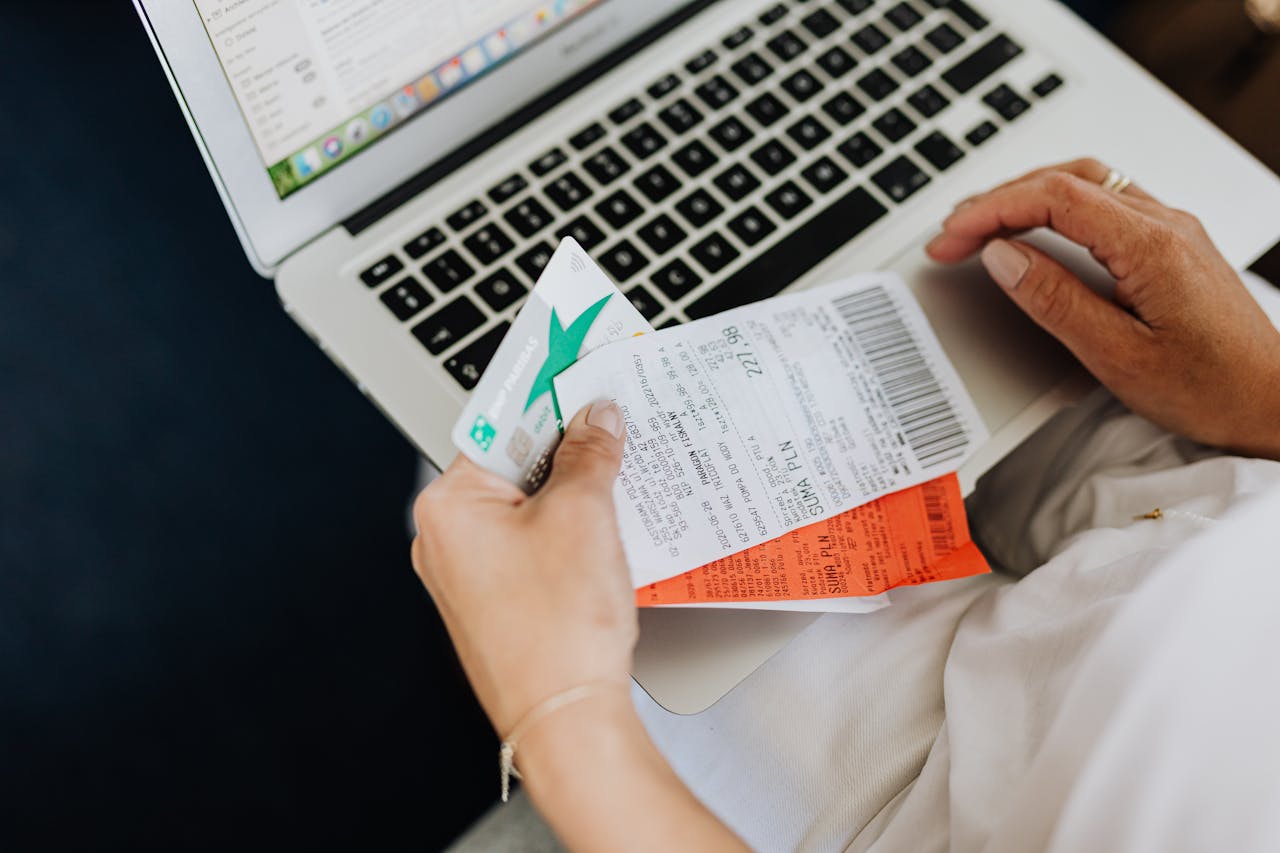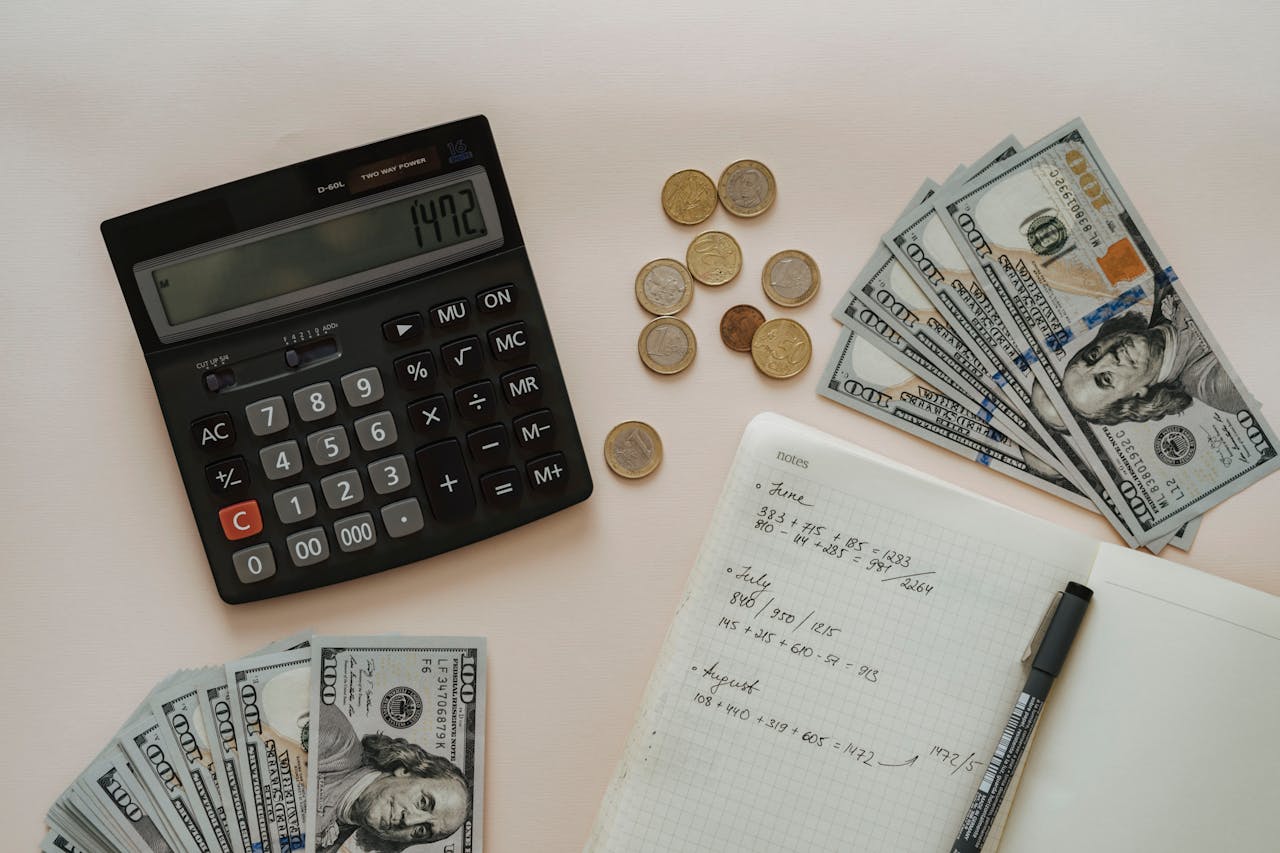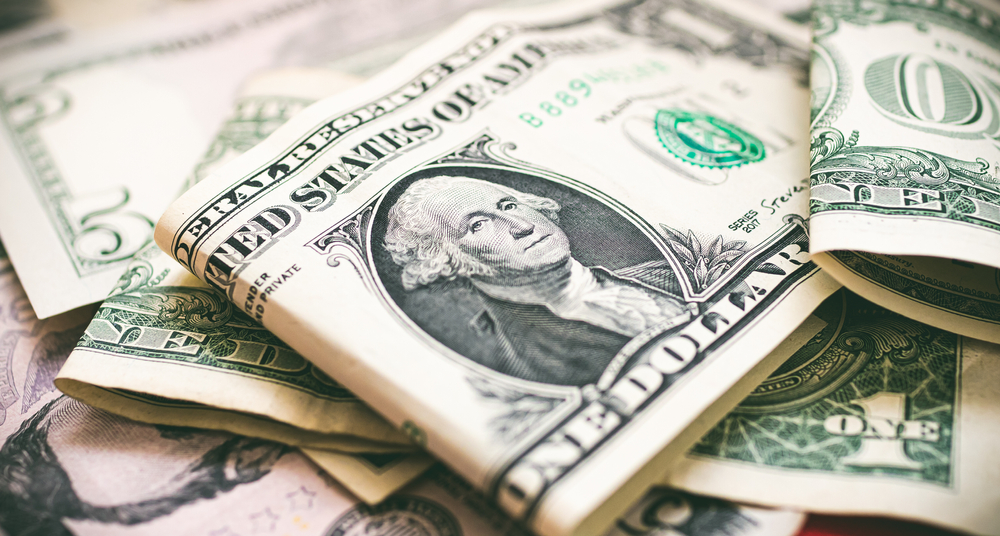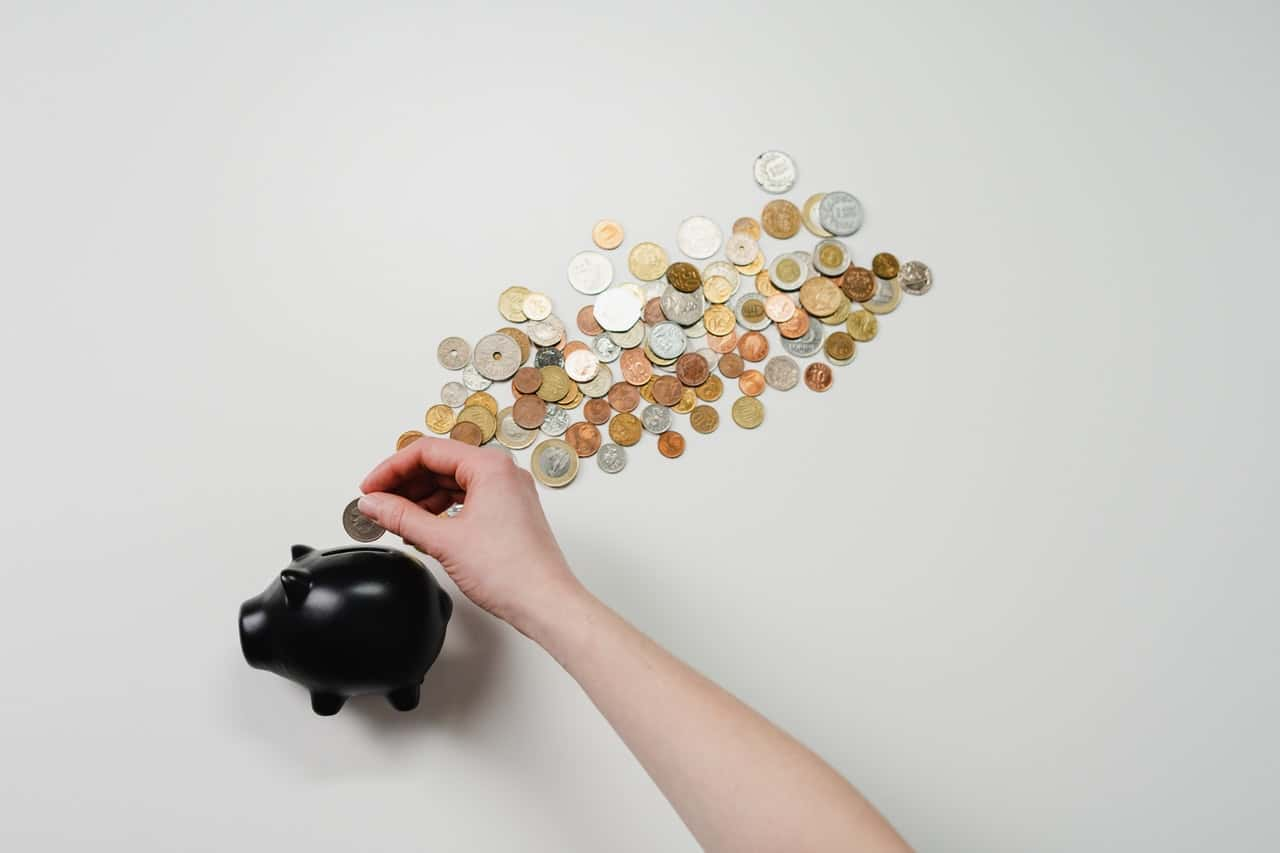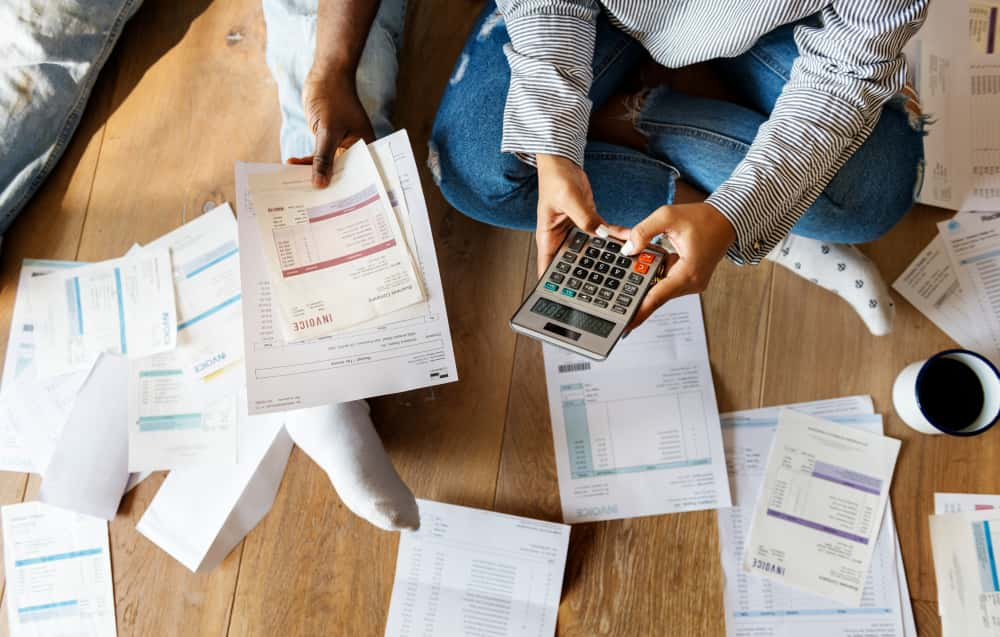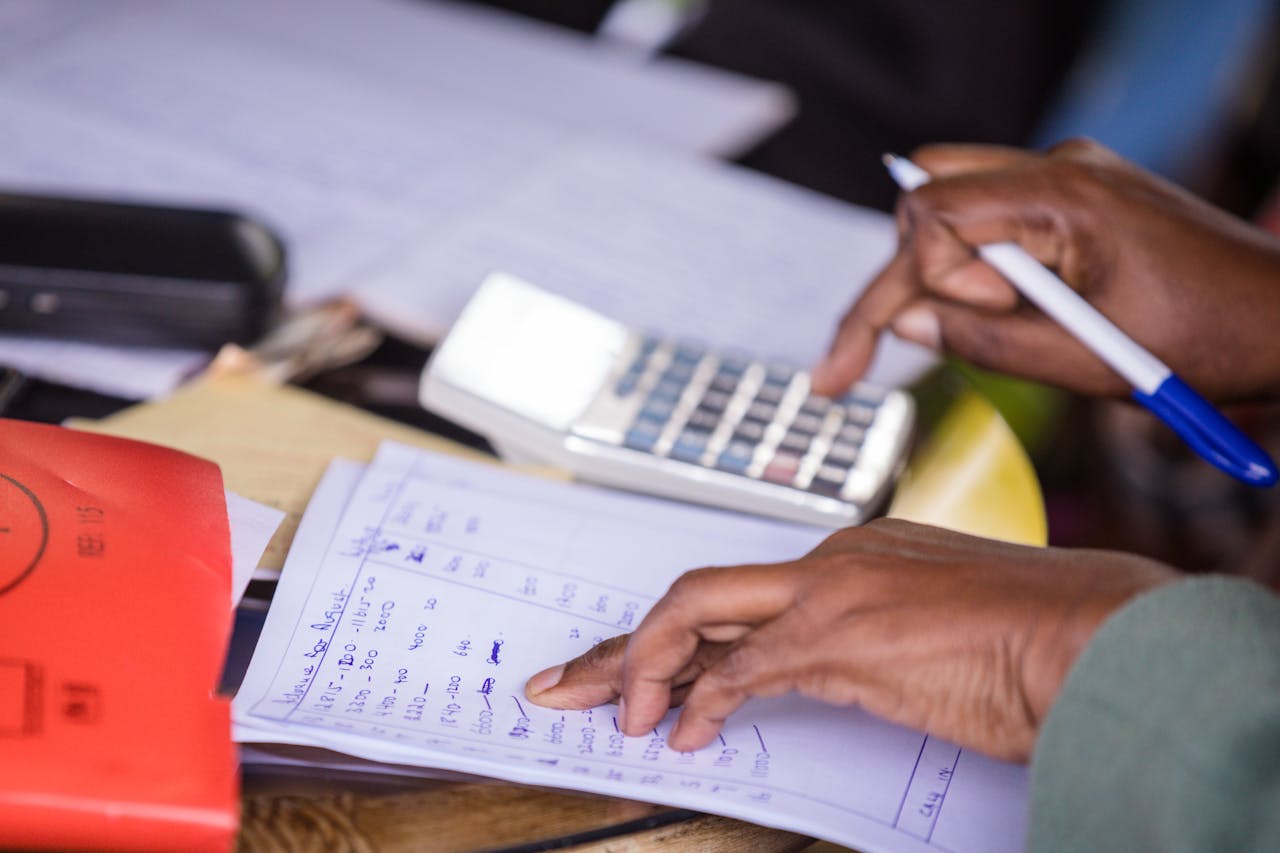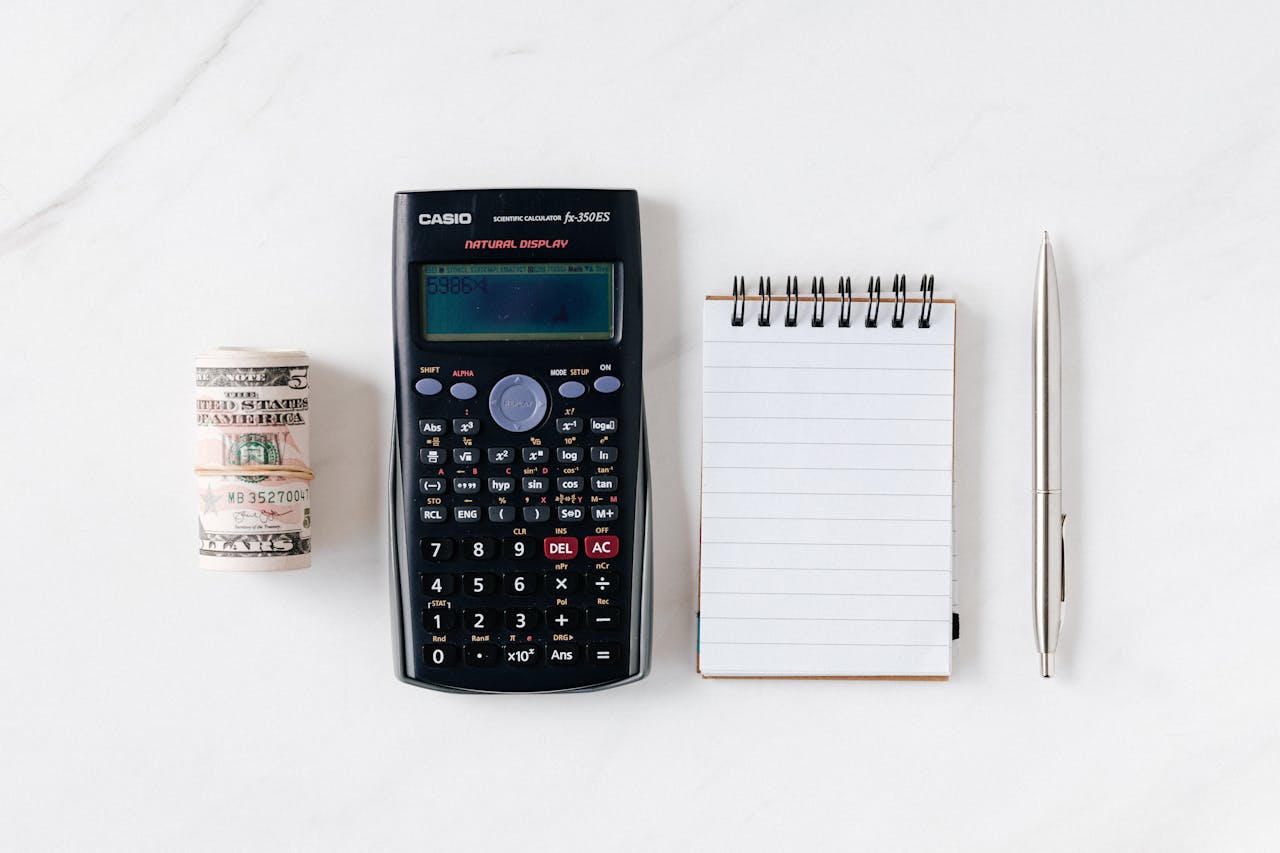Making Budgeting Easier Yor You
Starting a budget can be a daunting task, especially if you’ve never done one before. It can be even more overwhelming if you live paycheck to paycheck and think you have no money to manage.
But a budget will actually help more than you may think.
This article will outline how to organize a budget, which programs to use, examples of typical expenses, how to categorize your expenses, and realistic expenses many people forget about.

The Spreadsheet
Before we dive in to the expense details, let’s explore how a digitized spreadsheet can help organize things. If you have access to an online spreadsheet program, like Microsoft Excel or Google Sheets, you can have the program do the math for you using simple formulas.
This is a time saver, and also ensures accuracy.
Monthly vs. Biweekly
Another important note is to ensure you include whether or not your expenses are paid monthly or biweekly. This can change how your budget is organized.
Monthly vs. Biweekly: Examples
A lot of loan payments, vehicle payments, and even mortgages are paid bi-weekly, whereas other expenses like utility bills are typically paid monthly.
Include Your Income
In your spreadsheet, you should include both your income coming in, and your expenses going out. List all of your income sources, including your primary employment, side hustles, government tax credits, investments, etc.
Income: Marketplace Sales
If you regularly sell pre-loved items in an online marketplace, include those profits as income to keep an accurate total of money coming in.
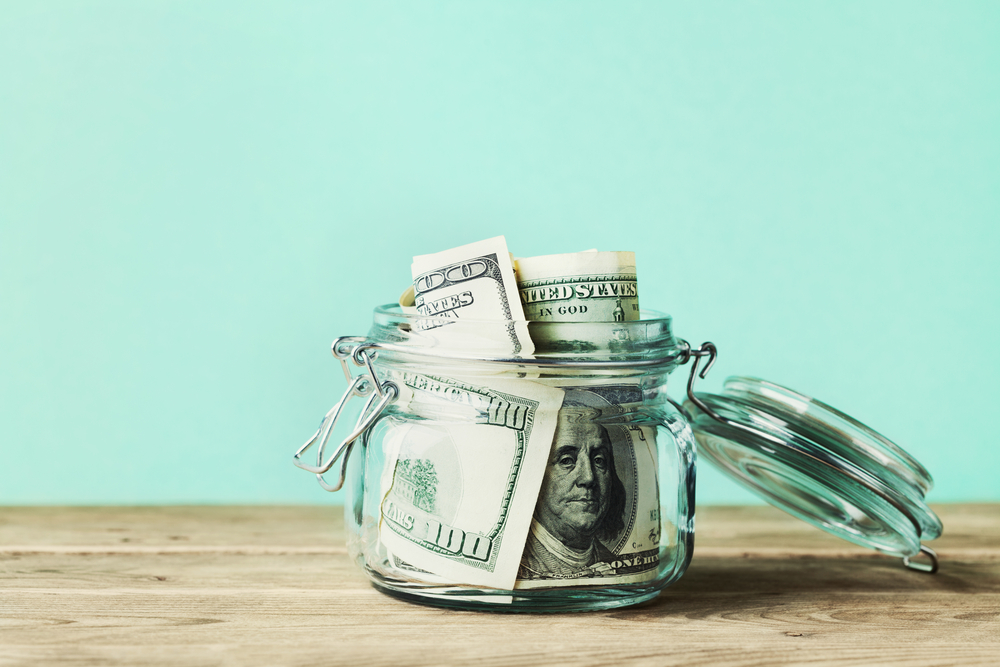 Julia Sudnitskaya, Shutterstock
Julia Sudnitskaya, Shutterstock
Categorize Your Expenses
It may help to categorize your expenses based on things you will need to pay for every single month—like your bills, your kid’s hot lunch orders, etc.—as well as expenses that come up often, but not necessarily on a regular basis—like sports registrations and pet care.
Include Everything
Include all of the things that you have to buy each month too, such as home maintenance items.
For example, if your home uses a well and you have to purchase water softener salt each month, include that cost.
A budget doesn’t work well if you have too many surprise costs.
Fixed Expenses
Your budget will also include both fixed and variable expenses.
A fixed expense is one in which the dollar amount remains the same month-to-month. It is consistent and predictable, and easy to budget for.
Fixed Expenses: Examples
Common fixed expenses include: mortgage or rent payments, loan payments, utilities that are not based on consumption (possibly internet or cable), streaming services, subscriptions (gym, storage units), insurance payments, childcare, etc.
Variable Expenses
A variable expense is one in which the dollar amount changes each month based on consumption or use of the service. It is inconsistent and mostly unpredictable.
Variable Expenses: Examples
Common variable expenses include: credit card payments, utility bills (heat, hydro, water), medical bills, car maintenance, fuel, entertainment (dining out, events), travel, etc.
Don’t Forget Credit Cards
Aside from paying your credit card bills, it is also important to keep track of which expenses your credit cards are paying for using automatic payments. This could include streaming services or utility bills.
Outline which bills are paid on which credit cards, so you know what to expect on your monthly credit card statement.
Get Specific
If you really want to be organized, you can get specific with your budget and use multiple worksheets in your spreadsheet program to keep track of things.
This is usually found as a tab at the bottom of your spreadsheet.
Worksheet Examples
In one worksheet, you can lay out your income and budget goals, broken down into separate spending categories.
In another worksheet, you can detail your transactions as they occur—including columns to note the merchant, transaction amount, and spending category.
Decide How Often to Update Your Budget
Expenses change daily. Some people choose to update the budget at a set date and time each month, while others keep the tab open and update it as money comes and goes.
This depends on your personal routines and schedules.
Update It Often
Updating the budget often is the best way to keep it accurate. At the end of the day, or maybe the end of the week, go through your bank statement and receipts and update your totals accordingly.
Update Often: Example
Updating often is helpful for people who don’t spend money on a routine schedule.
For example, groceries are not always purchased at the same time each month, sometimes you pop in for a few items and come out with a cart full—keep your receipt and update your grocery total when you get home, if you can.
Include the Due Dates
For both fixed and variable expenses, there are usually due dates when the bill must be paid by or when the amount is withdrawn from your account.
Include this information in your spreadsheet so you know when to expect direct withdrawals. For example, “the 20th of each month”.
Knowing the Due Date Helps
Knowing when the money is going to be withdrawn is especially helpful for people who live paycheck to paycheck and need to ensure there is enough money in the account on a certain date.
Include Debt Payments
Most people today have multiple debts with different companies—this can either include or be separate from investments (mortgages, vehicle payments).
As much as we want to ignore these payments, it’s best to get them down as quickly as possible to avoid paying more in interest than you started with.
Debt Payment Examples
A debt payment could include student loans, lines of credit, personal loans from friends or family, bank loans, cash money loans, maxed out credit cards, and even high bills that have payment arrangements set up.
These are payments that must be made a priority, and you can work on paying off bit by bit.
Debt Payments Schedule
In your debt payment worksheet, it would be helpful to include columns for the beginning balance (the total of the loan when you got it), payment due dates, the dates and amounts of each payment you make, and an updated balance that automatically updates as you record your payments.
This will help you prioritize what needs to be paid and when, and allows you to keep track of how much is left owing without hunting down the statements.
Debt Payments: Interest
Make sure when paying down your debts that you are at least covering the interest one each debt—if you can. This will avoid dings to your credit, and any trouble from your creditors.
If you have a minimum payment due each month, or you know the cost of the interest, include that in your worksheet so you know exactly how much to pay.
Keep a Running Total
At the bottom of your categories, as well as at the bottom of the worksheet, keep running totals. This includes a total of your income each month, as well as a grand total of your expenses.
Calculate The Difference
After you have your totals, use a formula to calculate the difference between your income and your expenses. This will help you identify how much money you have left at the end of each month.
If you had more money at the end of last month than you do at this month, go through your spreadsheet and find where you spent more or made less.
Include Goals
Some people keep track of their goals separately. They may have a worksheet for their debt payments, a worksheet for their actual expenses, and then a worksheet for their goals.
The goals worksheet will include what you anticipated to spend each month and what you actually spent. This will help you find where you need to adjust your spending.
Set Aside Savings
If you’re living paycheck to paycheck, this part may frustrate you. It’s nearly impossible to have “savings” when you’re barely making the rent as it is. We get it.
But your savings don’t have to be substantial, it just has to exist.
Savings Example
If you can set aside even $10-$20 a month, it will add up over time. Setting up an automatic payment to a savings account is the easiest way to make sure it is covered, and that it won’t get spent on something else.
Just don’t forget to include this in your spreadsheet so you remember that it’s happening.
Don’t Forget About Emergencies
In today’s busy world, emergencies seem to pop up a lot more often. It’s important to keep a bit of money aside for emergencies—even if you don’t use this money often.
When you do use money for emergencies, keep track of it in your spreadsheet.
Emergencies Example
For example, if you happen to have an older vehicle, you may want to keep some cash aside for an impending break down. Or maybe you have health concerns and medical expenses could pop up at any time.
Having a bit of money aside to cover those costs can take some of the stress out of an already overwhelming event.
Expenses to Include: Typical Bills
Typical bills to include in your spreadsheet are:
- Mortgage/rent
- Heating costs (utility companies as well as firewood or other sources of heat)
- Electricity
- Water
- Phone Bills (home phone and cell phones)
- Insurance (home, auto, health)
- Childcare
- Cable & Internet
Expenses to Include: Other Monthly Bills
Other bills that may require monthly payments can include:
- Union dues
- Child School Costs (lunches, dues, etc.)
- Vehicle payments
- Streaming services
- Memberships & Subscriptions (gym membership, printer ink programs, etc.)
- Transportation (bus or train passes)
- Fees (monthly bank account fee, credit card fee)
Expenses to Include: Non-Recurring
There are many non-recurring expenses that can occur some months and not others. Some may require payments made in installments (three installments, quarterly, annually, etc.), and some can be one-off transactions that pop up as needed.
Examples of Non-Recurring Expenses
These can include:
- Sports Registrations
- Insurance (If not paid monthly)
- Club Memberships (Scouts, girl guides, art classes, music lessons, gym memberships)
- Pet Care (vet bills, food expenses, care products)
- Pharmacy (over-the-counter medicines and care products)
Expenses to Include: Groceries
Some people stick to scheduled grocery shopping days. This is helpful in keeping track of your grocery spending. If this doesn’t work for you, be sure to keep track of your grocery spending as you go. Keeping receipts, or paying with a card makes tracking these expenses easier.
Examples of Grocery Expenses
Grocery expenses include:
- Food
- Toiletries (makeup, bathing products)
- Pharmacy
- Water (if you live rural and need to purchase drinking water)
- Baby Items (diapers, wipes, creams, formula, baby food, etc.)
- Toilet paper, paper towel, napkins, disposable dinnerware
- Cleaning Products
Expenses to Include: Fuel
Fuel costs are climbing. It’s important to keep track of how much you spend on fuel. For people who commute regularly, it may be helpful to keep track of this on a weekly basis.
Again, keep your receipts, or use a specific card for payment that you can easily track.
Knowing how much you’ve spent on fuel each month can help you find ways of cutting that cost, if possible.
Expenses to Include: Entertainment
If you frequently dine-out, go to movies, or attend a weekly function of some sort, include these costs in your monthly budget.
Examples of entertainment costs include:
- Dining out (coffee, lunch, dinners, regular treats)
- Movie theater
- Interest Event (weekly paint night, yoga class, hobby group)
- Regular aesthetic appointments (hair, nails)
Expenses to Include: Habits
Your budget should also include certain habits you fund, such as drinking or smoking. Those costs can add up quicker than you think.
Be honest with yourself and include each transaction so you can appropriately budget for it if its something you don’t want to cut down on.
Expenses to Include: Annual
Annual expenses must not be forgotten either. Create a separate category to keep track of your annual expenses that you may forget about during the rest of the year. Include the due date, amount, and a note about what it includes.
Examples of Annual Expenses
Examples of annual expenses can include:
- Tuition
- School Expenses (textbooks, course payments, new accessories, uniforms)
- Property Taxes (if not included in your mortgage payment)
- Vacation/Holiday Trip
- Vehicle registration
Expenses to Include: Other
Other expenses, like the following list, can be divided into your spreadsheet as you feel fit. It depends on how often you spend your money on these things, and how much you spend.
Examples include:
- Apparel (clothing, shoes, jackets, hats)
- Gifts
- Stationary
- Home Décor
- Personal Care (hair salon, nail salon, tanning, spa treatments)
Expenses to Include: Medical
Depending on your insurance benefits, you may have recurring medical expenses that are not completely covered. These expenses may not be regular, but you can categorize them accordingly.
This can include:
- Massage Therapy
- Counseling sessions
- Chiropractor
- Dental Care
- Prescriptions
- Vision Care (eye tests, glasses, contacts)
Expenses to Include: School
If you have kids in school, or maybe you’re in school yourself, there are often several costs that pop up throughout the year that you will want to budget for.
This can include:
- Field trips
- Yearbooks
- Classroom essentials
- School photos
- School parties (prom, semi-formal, holiday events)
- Book fairs
- Hot lunches
Expenses to Include: Maintenance
Maintenance expenses are often forgotten about until they are needed. But truthfully, we should be adequately maintaining our homes and vehicles to avoid more costly repairs down the road.
Keep track of maintenance tasks around the home and involving your vehicle and budget for them accordingly.
Examples include:
- Tire maintenance
- Oil Changes
- Vehicle fluids
- Home roof repair
- Water leaks
- Lawn Care
Identifying Your Expenses
The list can go on forever depending on your lifestyle. If it helps, sit down with a pen and paper and jot down all the items you can think of that cost money every month, and then categorize them after.
Use Your Bank Statements
Since carrying cash is a thing of the past now, it can be helpful to scroll through your bank statements to see exactly what purchases you’ve been making, and add them to your spreadsheet where they fit.
Automatic Withdrawals
Using your bank statements is also very helpful in identifying which expenses are being automatically withdrawn each month.
For fixed expenses, once you know this information you won’t have to find it again later. It will all be in your budget. Make note though if these expenses are variable—you will have to check on them to update your spreadsheet accordingly.
Final Thoughts
Starting a budget when you’re already in over your head can feel impossible. Start slow and work on it in bits and pieces. Eventually you will find an organization method that makes the most sense to you, even if you have to tweak it several times.
Google is your friend—browse budget samples and look up spreadsheet formulas. It’s easier than you think.

















